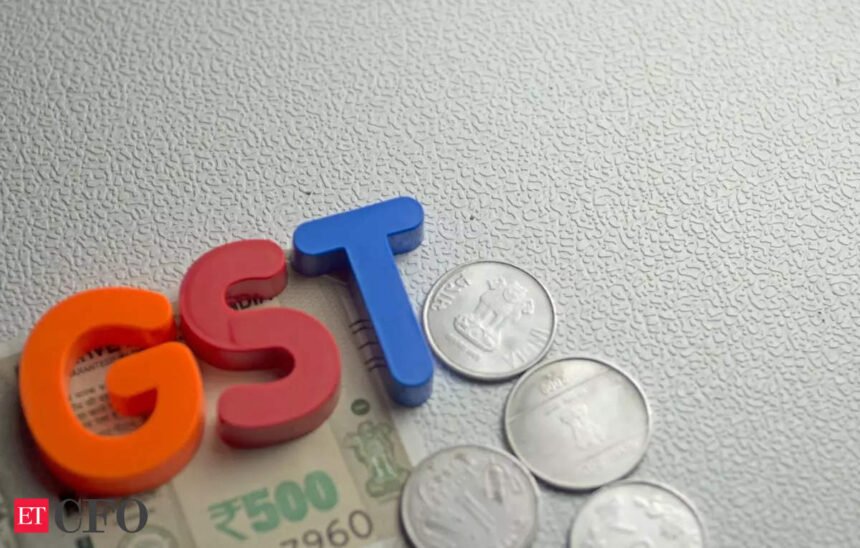A robust goods and services tax (GST) compensation cess may deliver a surprise Rs 70,000 crore bonanza to the Centre even after the repayment of loans taken on behalf of states during the Covid period.
The GST compensation cess is levied on so-called sin goods such as pan masala, cigarettes, carbonated beverages and automobiles among others — over and above the peak 28% tax they attract.
“Going by the collection trend we would be able to make a prepayment of all the loans much ahead of the March 2026 deadline (and) would also be left with about Rs 65,000-70,000 crore,” a senior official told ET.
The amount is based on the revenue estimation ahead of the presentation of the FY25 budget.
The Centre is yet to take a final call on the use of this extra cess amount, but officials expect the issue to resonate in the GST Council meeting on Saturday when discussion begins on rate rationalisation.
Road Map for Cess Collection:
At the 52nd GST Council meeting in October 2023, finance minister Nirmala Sitharaman had said the body may decide on the road map for cess collection after March 2026 when the levy ends.
The Centre had promised a 14% CAGR in tax revenue to states for five years from the date of GST rollout — July 1, 2017. Any shortfall was to be made up through collections from the compensation cess.
This compensation to states ended in June 2022 after the completion of five years but was extended till March 31, 2026, to repay the interest and principal on the Rs 2.69 lakh crore that the Centre had borrowed during the Covid period to meet the deficit in the cess fund.
The deadline was set based on collections trends in the first five years, but cess collections have grown faster than assumed on the back of robust GST collections.
GST cess collection was Rs 12,284 crore in May, which included Rs 1,076 crore collected on imported goods. The Centre collected Rs 1.45 lakh crore from the cess in FY24. In the interim budget, it had set the FY25 target at Rs 1.5 lakh crore.











